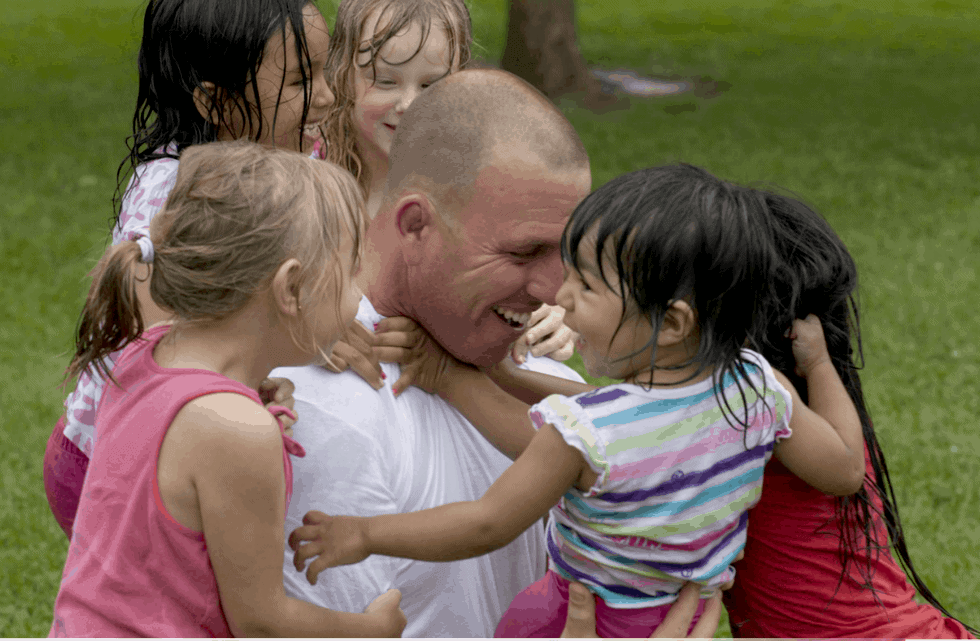Destroy Myths & Reveal Truths
Let’s destroy myths and reveal truths about intimate partner abuse.
What myths have you heard about intimate partner abuse? It’s easy for a survivor to leave their abuser, right? Maybe you think intimate partner abuse doesn’t happen in your circle. We know these statements aren’t true. Read some common myths below and reveal the truth.
Intimate partner abuse is private and not a social issue.
Intimate partner abuse affects one in three women and one in four men in Kentucky. We all have to do our part to speak out against it, be active bystanders, and correct inappropriate language when you hear someone victim-blaming.
Victims provoke their partner’s violence.
The survivor is never responsible for the abuse. That’s a victim-blaming attitude and the responsibility is always on the abuser.
It’s easy for a survivor to leave their abuser.
There are many reasons for not being able to leave – having nowhere to go, fear, financial insecurity, threats to themselves or their children or pets. Leaving the relationship is often the most dangerous time for the survivor.
Alcohol and drugs cause abuse.
Abuse is about power and control. Alcohol and drugs may increase abuse, but it’s not the cause.
Intimate partner abuse is only about physical abuse.
Again, the abuse is all about power and control. There could also be emotional, financial, sexual, harassment, and/or digital abuse.
Intimate partner abuse doesn’t happen in my circle.
That’s statistically unlikely. If you know more than three people, then you know and care about someone who has survived intimate partner abuse. If it’s not someone in your family or close group of friends, you know a survivor from school, work, or place of worship.
People who are abused have the types of personalities that seek out and encourage abuse.
A lot of abusers will come off as charming and loving at first and then the abuse can escalate. This is a victim-blaming attitude.
Intimate partner abuse only affects adults in the household.
The majority of children in an abusive household will witness the abuse. Studies have shown children who experience intimate partner abuse with their parents exhibit depression, anxiety, learning difficulties, and more.
Only women are abused by men.
Women can abuse men, too. And LGBTQIA+ rates of intimate partner violence are similar to, or higher than, heterosexual and cisgender people.
Intimate partner abuse only happens with older, married couples.
The majority of people report experiencing abuse for the first time between the ages of 18 and 24.
Get Help
Have you wondered if your relationship is healthy? Do you have a friend you suspect could be suffering from physical or emotional abuse? Whether you just want to talk or you’re ready to initiate services, we will answer your call 24 hours a day, every day of the year – 800-544-2022.





